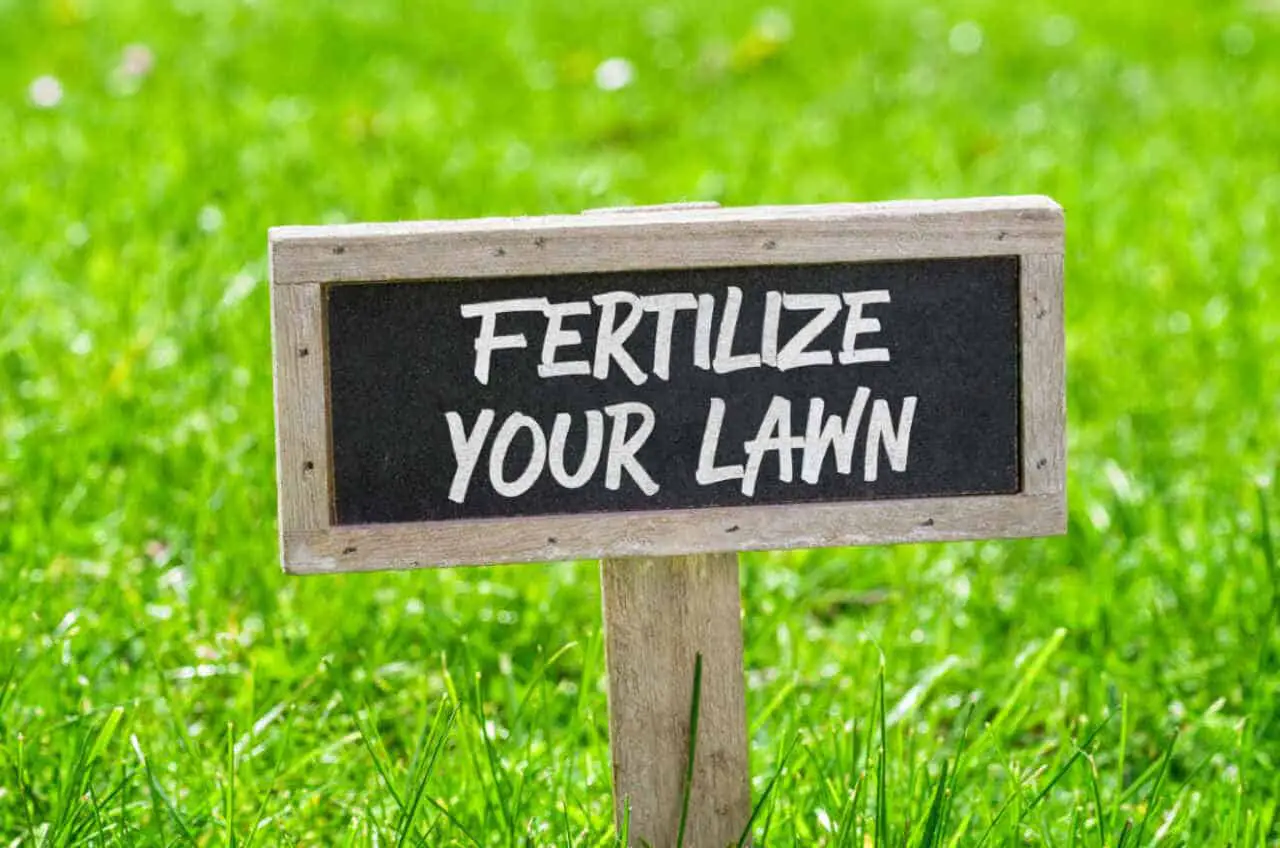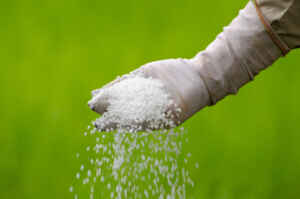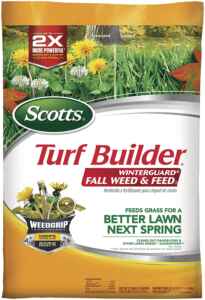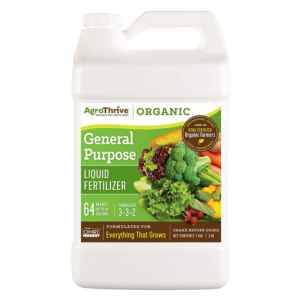Fertilizing Your Lawn In Winter
Winter is upon us and many of us have the same question- how do I continue caring for my lawn? The temperatures are dropping, the snow is beginning to fall and it may seem as though fertilizing your grass in winter isn’t a possibility. The truth is, your lawn care is going to vary depending on what kind of grass you have and where you live.
But generally speaking, should you fertilize your grass in winter? Well, probably not. Here’s why: winter grass needs to go dormant. Whether you live in the south where winters are mostly dry and mild or in the north with extremely cold temperatures and more snow than we know what to do with, your lawn must go dormant during wintertime. During this period, there isn’t a very high demand for photosynthesis and as a result, your grass will slow down its growth.
When you fertilize the lawn during winter, the fertilizers can stimulate growth on top of what is already going on inside of the grass cells under the ground. As a result, you could be causing damage to your lawn because it’s not ready to grow yet. This will also lead to a higher demand for water come springtime when the grass starts to green up again, and you may not be able to meet that demand if there is still snow on the ground.
When You Choose To Use Fertilizer
If you want to use a fertilizer then that is usually okay too. However, in this case, you will want to use a lawn winterizer. This is a fertilizer that has a lower nitrogen level so it won’t stimulate growth. Winterizers also have higher potassium and phosphorous levels to help with root development.
You can also opt for a slow-release fertilizer. This is a great way to make sure that the plants are still getting what they need even when you can’t be there to fertilize them directly. There are many different types of slow-release fertilizers on the market.
When You Should Fertilize Your Grass
If you shouldn’t fertilize your lawn in winter, then when is the best time to do it? The best time to fertilize your lawn is in the spring, right as the grass starts to green up again. At this point, the grass is ready to start growing and will be able to absorb the nutrients from the fertilizer.
Fall is also another great time to fertilize your grass. This is because the temperature begins to drop and the grass has died back, which means there isn’t any green growth competing for the nutrients.
Also, remember that it’s too easy to over-fertilize. When in doubt, it’s always better to fertilize less rather than more. This will help ensure that your lawn doesn’t get too much fertilizer and become damaged. Experts say you only need to fertilize around 2-3 times a year for best results.
Alternative Ways To Feed Your Lawn
Fertilizing your grass in winter isn’t always necessary, but that doesn’t mean you can’t give your lawn the nutrients it needs. There are many ways to do this that doesn’t involve spreading fertilizer on top of the ground.
1.One way is to use a liquid organic fertilizer. This type of fertilizer is made from plant or animal by-products and it breaks down slowly over time, providing your lawn with a continuous stream of nutrients. It is also less likely to burn your lawn, making it a safer option than traditional fertilizers.
2.Another way to feed your lawn is by using compost. Compost is made up of organic materials like leaves, grass clippings, food scraps, and more. By adding compost to your soil, you’re providing your lawn with essential nutrients and helping to improve the soil structure.
3. And finally, you can also add mulch to your lawn. Mulch is a layer of organic or inorganic materials that are spread on the surface of the ground. It helps to protect the soil from erosion and prevents moisture from evaporating. Mulch also contains essential nutrients for your lawn.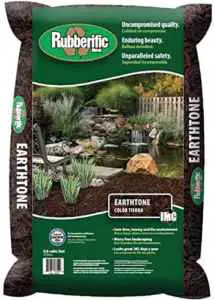
Signs Your Grass Needs Fertilizer
We know that your grass will go dormant in winter and lose some color and thickness. This is healthy and normal. However, during the rest of the year, what are the signs that your lawn could use fertilizer?
- More weeds or moss growing in the grass.
- The grass has thinned out a lot.
- It’s a lighter green color than usual.
- There are areas in your yard where you can see the dirt through the grass.
- Your lawn often feels dry when you walk on it.
- Brown patches appear in the middle of the lawn.
If you see any of these signs, it’s time to consider fertilizing your lawn! This is assuming you are also watering regularly and mowing properly.
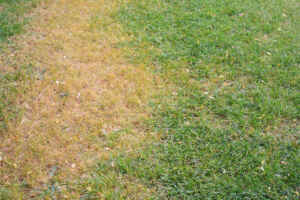
Consider Hiring Professionals
Of course, one of the best things you can do for lawn care is to hire a professional company! They will know exactly what type of fertilizer to use, how much to use and when to use it. They will also be able to help with other aspects of lawn care, like aeration and seeding. So if you’re feeling overwhelmed or don’t have the time to do everything yourself, hiring a professional is a great option.
Important Tips For Winter Lawn Care
Hiring out your lawn care work isn’t an option for everyone so let’s walk through what you need to do yourself. Caring for your grass during winter is fairly easy with a few simple tips!
- First, always make sure you’re watering and mowing your lawn. Even if the grass is dormant during winter, it still needs water to keep it alive.
- Next, remove excessive leaves and dead plants from your yard as soon as possible. This will prevent damage to your lawnmower and keep pests away.
- Don’t try to fertilize your lawn in winter! As we mentioned before, it’s not necessary and you could do more harm than good.
- Consider using a weed killer or other pest-control products to help your lawn stay healthy. This is especially true if you have already noticed some pests in the grass.
- Finally, keep an eye on the weather. If there is a chance of a freeze in your area, you may want to cover your lawn with a protective layer like straw or leaves. This will help to insulate the ground and prevent your grass from dying.
What To Do For Warm or Mild Winters?
You may be wondering if all of this applies to you if you have pretty warm or mild winters like areas in California. The answer is that although winter may be mild, your grass still needs certain nutrients to stay healthy!
You may be able to get away with a bit of fertilizing in winter. So if you see any of the signs we mentioned earlier in this post, it’s time to consider fertilizing your lawn.
How Do I Know How Much Fertilizer To Use?
When it comes to fertilizing your lawn, it’s important to use the right amount. If you use too much fertilizer, you can damage your lawn and create more problems. On the other hand, if you don’t use enough fertilizer, your lawn won’t get the nutrients it needs.
A good rule of thumb is to only fertilize your lawn once a year and only in the spring. This will ensure that your lawn is getting the right amount of nutrients.
When you are fertilizing, make sure to read the instructions on the fertilizer carefully. It will tell you how much to use and how often to use it. You can also ask a professional at your local home and garden store.
 Where To Buy Fertilizer?
Where To Buy Fertilizer?
Now that you know how much fertilizer to use, it’s time to decide where you want to buy it. You have two main options:
- Home and garden stores or specialized lawn care shops.
- Box stores like Walmart, Target, etc.
When buying your fertilizer at a home and garden store, you can ask a professional where to find the best soil for your lawn. They’ll also know which fertilizers are most effective for different types of grass.
When buying at a box store, make sure to inspect the fertilizer to ensure that it has everything you need. You can also ask a salesperson to help you find the right fertilizer for your needs.
Conclusion
Caring for your lawn in winter can be daunting, but I hope this article helped you find some answers. And don’t worry if you have fertilized your lawn in winter. Many people have and still do. Now you know that it’s not necessary so save yourself some time and money this winter and skip it!
When it comes to caring for your lawn in winter, the most important thing is to make sure you’re watering and mowing your lawn even when it’s dormant. Give some of the tips in this article a try this winter. If you do, you can prep your lawn for a successful spring. Good luck, you’ve got this!

